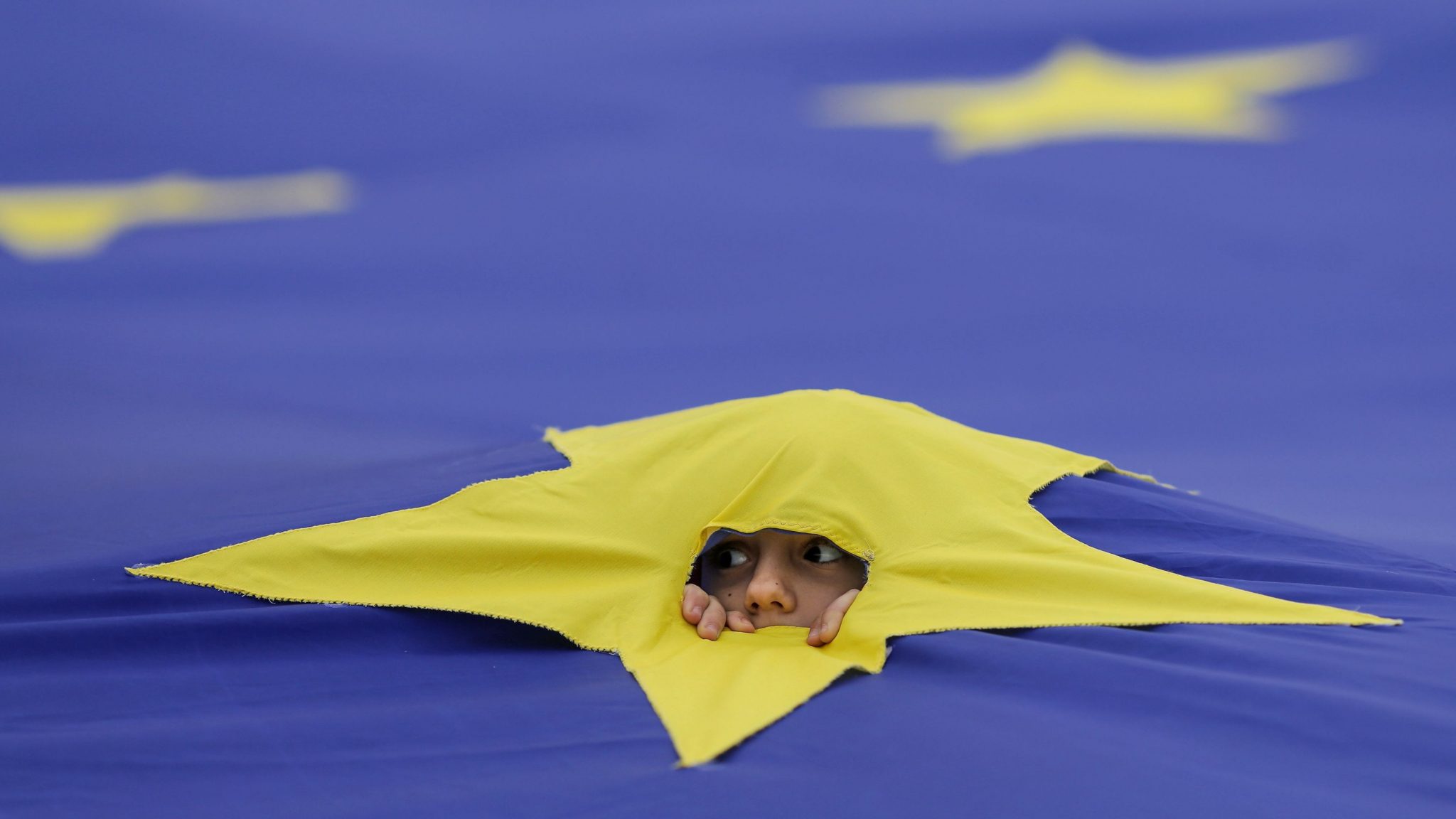
Robespierre said in one of his speeches, “The revolutionary government owes to the good citizen all the protection of the nation; it owes nothing to the Enemies of the People but death”.
In other words, whoever opposes his views of revolution are to be blamed as a “public enemy” and deserve to be killed. He was the first person to use the word terror. He applied state terrorism to opposing views in order to maintain his version of democracy and to safeguard the new revolution. During this Reign of Terror, at least 300,000 people were arrested, 17,000 were executed, roughly 10,000 died in prison or without trial, and tens of thousands fled France.
[alert type=white ]Author: Zakir Gul is an Associate Professor of Criminal Justice Department at the State University of New York (SUNY)[/alert]
In 1917, Lenin generated a structure to fight individuals and groups opposed to the revolution. The organization was known as CHEKA (Extraordinary Commission for the Struggle against Sabotage and Counterrevolution). This was the first communist secret police and an early version of the KGB. It was designed to root out counterrevolutionaries. The Russian Civil War gave the CHEKA far more power.
Stalin’s paranoia and desire for absolute power made him a ruthless leader. As an aside, to become head of the KGB or its predecessor, the NKVD (People’s Comissariat for Internal Affairs), was a death sentence for many of its leaders. It has been suggested that Stalin eliminated some of the heads of the KGB every few years, as they knew too much about him and might become a threat to him. In the same vein, Stalin initiated the Great Purges of his military services and forced the internal expulsion of various ethnic groups within the borders of the Soviet Union. Entire populations were subjected to such harsh realities, and large numbers perished on their forced journeys. Opponents were either killed abroad or kidnapped and brought back and executed, while still others were placed in the Gulags.
Stalin deployed terror to try to control the population of innocent people with arrests in the middle of the night, secret sentences and executions, and banishment to the Gulags. Tens of millions perished under Stalin—including, ironically, people who fully supported the revolution and Stalin. Opponents and supporters alike were caught in a widely cast net. No one was safe from the state-sanctioned terror. In the case of the military, large numbers of high-ranking officers were arrested, tried and convicted, and then shot or, in some cases, sent to the Gulags to die.
Eventually, in the period just before World War II, Stalin had killed off so many high-ranking officials that the ability of the Russian military to operate had been compromised by his excesses. The purges worked to the advantage of the Germans, who were able to make incredible progress in their invasion of Russia, with only a weakened military to stop their initial advances. Stalin also created a situation where the GRU (the Russian Military Intelligence Service, a unit in the Russian army) and the KGB were in direct competition for a period, resulting in numerous arrests and the deaths of many members of rival intelligence and security services who later could have helped confront the German invasion.
It looks like infamous and inhuman historical incidents of tyrants will repeat over and over again, if lessons are not learned. A contemporary example is Turkey. Just one year ago, on July 15, 2016, an attempted military coup, which was considered “a gift from God,” shook the country. The July 15 coup in Turkey was no different from Hitler’s Reichtag Fire incident (or “gift”), which simply was a justification to constrain civil liberties and the free press. Amnesty International’s report shows how Erdogan’s unsubstantiated labeling and slandering of his opponents as terrorists reflect the entrenchment of Erdogan within the Turkish state.
Further, the report provides evidence leading to the conclusion that Erdogan violated basic human rights: “…the dismissals and associated measures threaten a broad range of human rights (of a huge number of people) protected by international conventions to which Turkey is a party. Dismissals based on political affiliation, union membership or actions such as participation in demonstrations violate the rights to freedom of expression, association or assembly, in addition to the right to non-discrimination.
Expelling people from all work in the public sector or their profession as a whole infringes on the right to work, and in the long term may threaten the right to an adequate standard of living. The routine cancellation of passports violates the right to freedom of movement, while the lack of an effective appeal procedure threatens the right to a fair trial and an effective remedy.” In addition, the current justice system establishes mass trials exposed to public where mobs can taunt and humiliate the suspects—identical to the tactics of Robespierre and Stalin and Hitler’s labeling of some groups of people as enemies of the public to justify and cover the leaders’ illegal, illegitimate, and inhumane actions and behaviors.
Turkey has been weakened, especially in terms of state security because tens of thousands of law enforcement officials who were experts in their fields were subject to a massive purge. Not long from now, Turkey will be defenseless against terrorist threats and attacks. The people of Turkey must open their eyes and differentiate the real public enemies from the socially and politically constructed ones—before the real enemy notices the country’s weaknesses and vulnerabilities.



